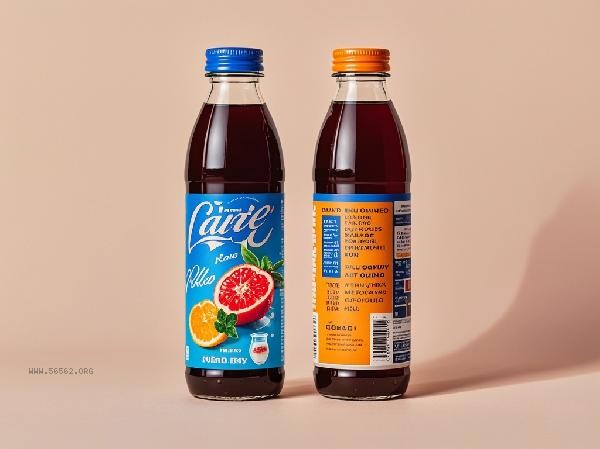The dietary fiber added to beverages does have a certain effect, but the effect is usually not as good as the dietary fiber in natural foods. Dietary fiber drinks mainly contain water-soluble dietary fiber, which helps promote gastrointestinal peristalsis, regulate blood sugar and lipid levels. The effectiveness of dietary fiber drinks is influenced by factors such as the amount added, fiber type, and individual absorption differences. Long term dependence on such beverages may not fully replace the various health benefits of natural dietary fiber.

Water soluble dietary fiber is a common additive in beverages, such as pectin, oligofructose, inulin, etc. These fibers can form gel like substances in the intestinal tract, slow down the gastric emptying speed, and help control the rise of blood sugar after meals. Partial dietary fiber can serve as prebiotics to promote the growth of beneficial bacteria in the gut and improve the gut microbiota environment. The fiber content of commercially available fiber drinks varies greatly, and some products can provide several grams of dietary fiber per bottle, which has a certain supplementary effect on people who have insufficient daily intake. The dietary fiber in natural foods has a more complete nutritional matrix, with whole grains, legumes, vegetables, fruits, etc. not only providing insoluble fiber, but also containing vitamins, minerals, and plant active substances. Insoluble fibers can increase the volume of feces, stimulate the intestinal wall, and have a more significant effect in preventing constipation. During the processing, some fibers may undergo structural changes that affect their physiological functions. Excessive consumption of fiber drinks may cause discomfort such as bloating and diarrhea, and special populations such as those with irritable bowel syndrome should choose carefully.

Reasonable combination of dietary fiber sources is more beneficial to health. It is recommended to consume 25 to 30 grams of dietary fiber per day, with priority given to natural foods such as whole grains, mixed beans, and green leafy vegetables. When choosing fiber drinks, pay attention to the ingredient list and avoid high sugar and high additive products. People with weak gastrointestinal function can start with small doses and observe their physical reactions. Maintain dietary diversity, use fiber drinks as a temporary supplement rather than the main source, and combine them with sufficient water to fully utilize the health benefits of dietary fiber.









Comments (0)
Leave a Comment
No comments yet
Be the first to share your thoughts!